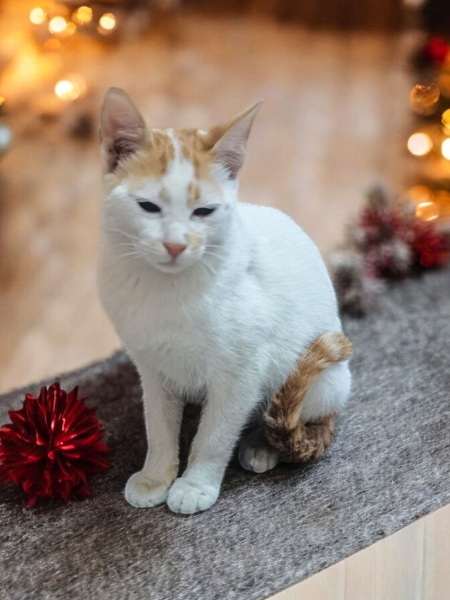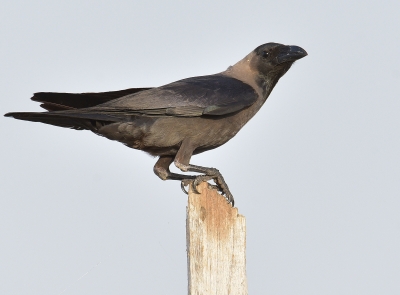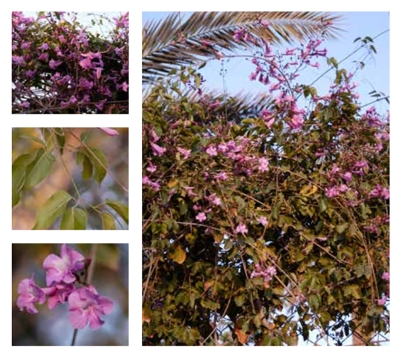

Cat Breeding in the Kingdom of Saudi Arabia is a type of pet care in the Kingdom of Saudi Arabia and is an extension of the domestication of several animals by Saudis, such as horses, camels, sheep, and birds of prey. Volunteer efforts are actively involved in supporting cat adoption, showing kindness to stray cats, treating them, and feeding them as part of a growing social behavior in Saudi society.
Globally, the concept of cat breeding refers to the domestication and care of pet cats, a domesticated species of small carnivorous mammals. Cats can be classified as domestic, farm, or stray, with the latter often roaming freely and avoiding human interaction. Humans tend to keep cats for their charm and their ability to hunt rodents.
Animal Welfare Law in Saudi Arabia
In the national context of dealing with pets, Saudi Arabia adheres to the Gulf Cooperation Council (GCC) Animal Welfare Law, issued on June 5, 2013, under a Royal Decree.
The law stipulates that animal owners and caretakers must take all necessary precautions to ensure no harm, injury, pain, or suffering is inflicted on pets. Specifically, they are required to provide suitable facilities and necessary living conditions for housing animals, ensure an adequate number of qualified workers with appropriate skills, knowledge, and professional competence in animal welfare, and inspect the animals and check their conditions at least once a day.
The law also states that animals reliant on humans for survival must not be released. In cases where an owner wishes to abandon an animal, this must be coordinated with the relevant authority. The health of the animals must be monitored, and they should be examined and treated by a veterinarian. Animals must be transported in a manner that ensures their safety and prevents injuries or harm. The executive regulations of this law specify the conditions and standards required for transportation methods.
Controls for importing cats in Saudi Arabia
The Ministry of Environment, Water, and Agriculture regulates the services for importing cats and pets into Saudi Arabia. This service allows citizens and businesses to request approval and obtain a permit for cat importation, provided that the application is submitted at least fifteen days prior to shipping. Cat importers must be at least eighteen years old. Additionally, companies, institutions, and individuals involved in the importation must adhere to the GCC Veterinary Quarantine Law and the GCC Animal Welfare Law, along with their executive regulations in Saudi Arabia. Importers are required to obtain a commercial register that includes the activity according to the type of permit and acquire a CITES (Convention on International Trade in Endangered Species of Wild Fauna and Flora) license when requesting the importation of cats listed as endangered species.
Applicants seeking to use the cat importation service must access the "NAAMA" platform, operated by the Ministry of Environment, Water, and Agriculture, and obtain an import permit through the online platform. The permit is valid for thirty days from the date of issuance and permits importation only from the countries approved for import, as specified on the platform. Imported cats must be identified using a passport, certificate, electronic chip, or any other identification method according to their type.
Requirements for traveling with cats in Saudi Arabia
Cats can travel with their owners via land transportation in Saudi Arabia without specific requirements. However, for air travel, pet cats are allowed on board if placed in cages and accompanied by a health certificate proving they are free from infectious diseases, in addition to the necessary permits for transportation. Pet cats can be transported at the passenger's responsibility, either in the cabin or in the cargo hold of the aircraft.
Saudi Arabia permits the entry of pet cats provided they have the required health certificates authenticated by Saudi embassies abroad. Additionally, the registration of pet cats accompanying passengers in the cabin must be completed on the "NAAMA" platform. Transporting any health or food products related to cats requires an approved import permit issued in advance by the Ministry of Environment, Water, and Agriculture.
In line with public etiquette, passengers using transportation such as airplanes or trains must ensure that their accompanying cat is tame, non-aggressive, odor-free, and does not require care during layovers at transit stations.
Related quizzes
Related articles

